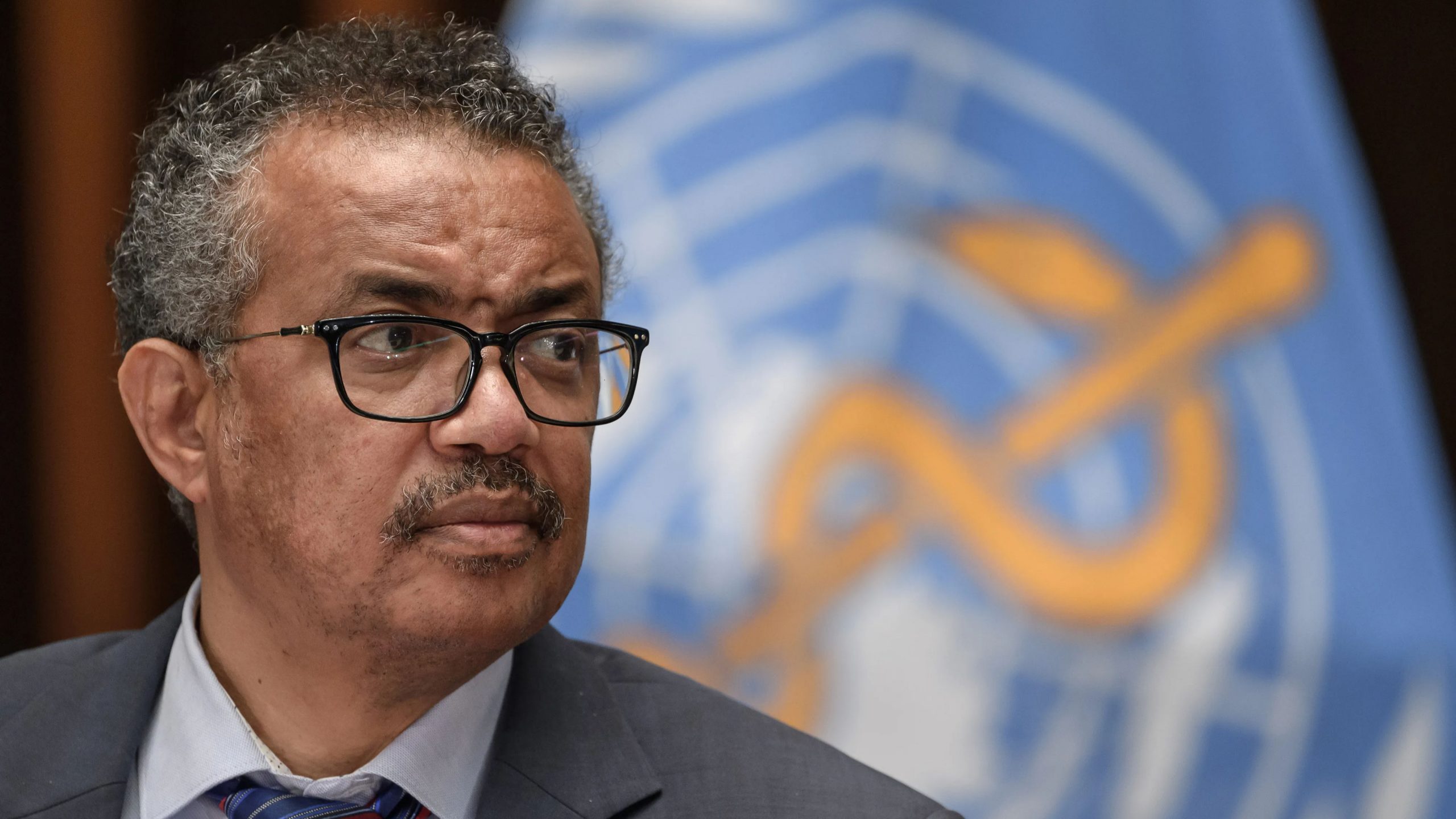The World Health Organization’s director-general on Monday urged countries to work together to end the pandemic’s acute phase, claiming that they now had all the instruments they need.
Tedros Adhanom Ghebreyesus said, “The COVID-19 pandemic is now entering its third year and we are at a critical juncture.” He was speaking at a press conference with Svenja Schulze, Germany’s development minister.
Also read: Omicron replaces Delta variant across the world
“We must work together to bring the acute phase of this pandemic to an end. We cannot let it continue to drag on, lurching between panic and neglect.”
Tedros announced on Monday that Germany had overtaken the United States as the agency’s greatest donor, without providing further specifics. Historically, the United States has contributed the largest financial contribution to the organization of all member states.
Also read: Indian government provides over 162.73 cr COVID vaccine doses
Schulze stated that ending the pandemic internationally is Germany’s top goal since becoming the G7 presidency, and he called for a “massively accelerated, truly global vaccination campaign” to achieve so.
The ceremony in Geneva starts off a week of WHO Executive Board meetings in Geneva, where major aspects of the United Nations’ health organization’s future will be considered, including Tedros’ campaign for a second term and a proposal to make the agency more financially independent.
“It’s plausible that the region is moving towards a kind of pandemic endgame,” Hans Kluge said in an interview with AFP, adding that omicron might infect 60% of Europeans by March.
Also read: Karnataka reports significant rise in COVID cases among children under 10
“There will be for quite some weeks and months a global immunity, either thanks to the vaccine or because people have immunity due to the infection, and also lowering seasonality,” he says, once the current omicron outbreak in Europe declines.
“We anticipate that there will be a period of quiet before COVID-19 may come back towards the end of the year, but not necessarily the pandemic coming back,” Kluge added.







